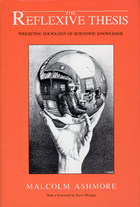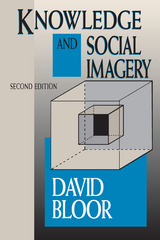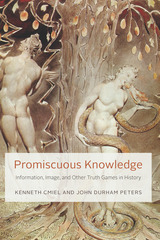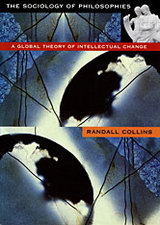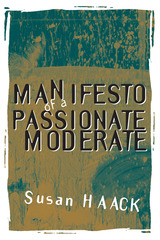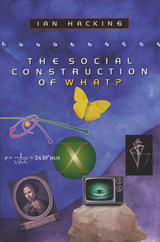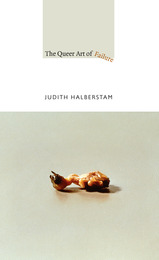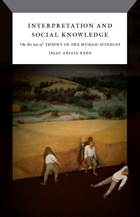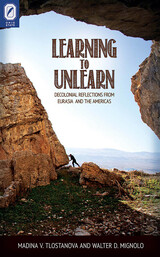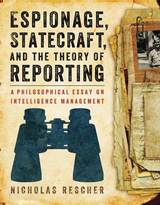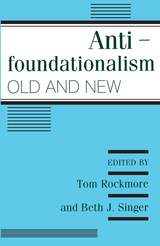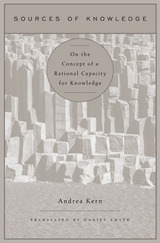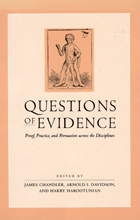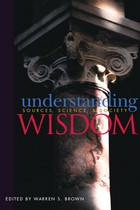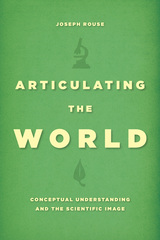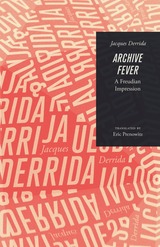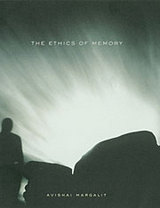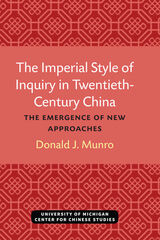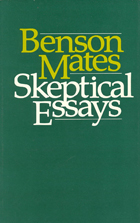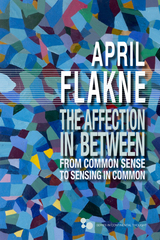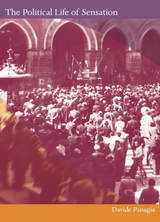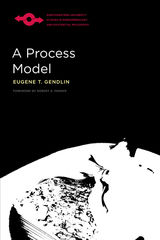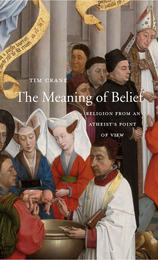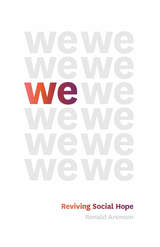Questions of Evidence: Proof, Practice, and Persuasion across the Disciplines
University of Chicago Press, 1994
Cloth: 978-0-226-10082-1 | Paper: 978-0-226-10083-8
Library of Congress Classification BD181.Q47 1994
Dewey Decimal Classification 121.65
Cloth: 978-0-226-10082-1 | Paper: 978-0-226-10083-8
Library of Congress Classification BD181.Q47 1994
Dewey Decimal Classification 121.65
ABOUT THIS BOOK | AUTHOR BIOGRAPHY | TOC | REQUEST ACCESSIBLE FILE
ABOUT THIS BOOK
Biologists, historians, lawyers, art historians, and literary critics all voice arguments in the critical dialogue about what constitutes evidence in research and scholarship. They examine not only the constitution and "blurring" of disciplinary boundaries, but also the configuration of the fact-evidence distinctions made in different disciplines and historical moments; the relative function of such concepts as "self-evidence," "experience," "test," "testimony," and "textuality" in varied academic discourses; and the way "rules of evidence" are themselves products of historical developments.
The essays and rejoinders are by Terry Castle, Lorraine Daston, Carlo Ginzburg, Ian Hacking, Mark Kelman, R. C. Lewontin, Pierre Vidal-Naquet, Mary Poovey, Donald Preziosi, Simon Schaffer, Joan W. Scott, Eve Kosofsky Sedgwick, and Barbara Herrnstein Smith.
The critical responses are by Lauren Berlant, James Chandler, Jean Comaroff, Arnold I. Davidson, Harry D. harootunian, Elizabeth Helsinger, Thomas C. Holt, Francoise Meltzer, Robert J. Richards, Lawrence Rothfield, Joel Snyder, Cass R. Sunstein, and William Wimsatt.
The essays and rejoinders are by Terry Castle, Lorraine Daston, Carlo Ginzburg, Ian Hacking, Mark Kelman, R. C. Lewontin, Pierre Vidal-Naquet, Mary Poovey, Donald Preziosi, Simon Schaffer, Joan W. Scott, Eve Kosofsky Sedgwick, and Barbara Herrnstein Smith.
The critical responses are by Lauren Berlant, James Chandler, Jean Comaroff, Arnold I. Davidson, Harry D. harootunian, Elizabeth Helsinger, Thomas C. Holt, Francoise Meltzer, Robert J. Richards, Lawrence Rothfield, Joel Snyder, Cass R. Sunstein, and William Wimsatt.
See other books on: Critical theory | Epistemology | Evidence | Practice | Questions
See other titles from University of Chicago Press

